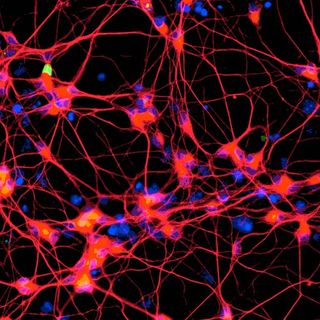Pop quiz: If someone entrusted you with a large sum of money and you lost it all, how would you feel?
If you said, “Bad,” you’re probably a good person — but if you said, “Guilty,” you’re probably among the most trustworthy. According to new research from the University of Chicago’s Booth School of Business, people who are tend to anticipate guilt as a result of their actions are the people whom you should trust.
The study, published in the Journal of Personality and Social Psychology, found that anticipating guilt is a personality trait that predicts trustworthy intentions and behavior. Guilt-proneness is indicative of trustworthiness more than other personality trait, including conscientiousness.
However, guilt-proneness is not to be confused with guilt. Guilt is the result of already having done something wrong, while guilt-proneness is the anticipation of a guilty feeling after wrongdoing — which typically makes the person avoid the misdeed to begin with. People prone to this kind of proto-guilt also feel more interpersonal responsibility when entrusted with something.
To determine this, researchers conducted a series of studies that involved economic games and surveys to track behavior and intentions of the participants. In one test, for example, one group of participants listened to a code of conduct, while the other group listened to a passage about looking out for themselves. The former was more likely to return money to others.
“Our findings extend the substantial literature on trust by deepening our understanding of trustworthiness: When deciding in whom to place trust, trust the guilt-prone,” the researchers say.
Aside from helping people know whom to trust, the findings can also help people foster trustworthy relationships, they add.
“Our research suggests that if you want your employees to be worthy of trust,” says study author Emma Levine Levine, an assistant professor at Booth, “make sure they feel personally responsible for their behavior and that they expect to feel guilty about wrongdoing.”




